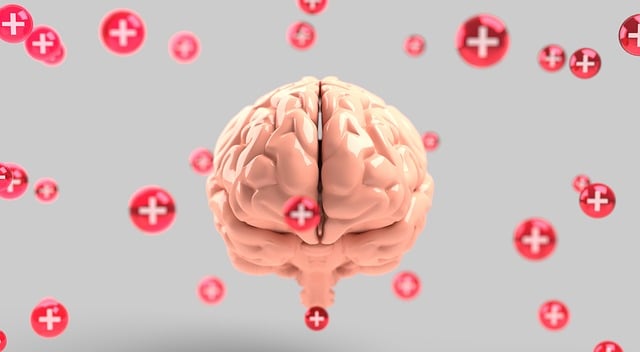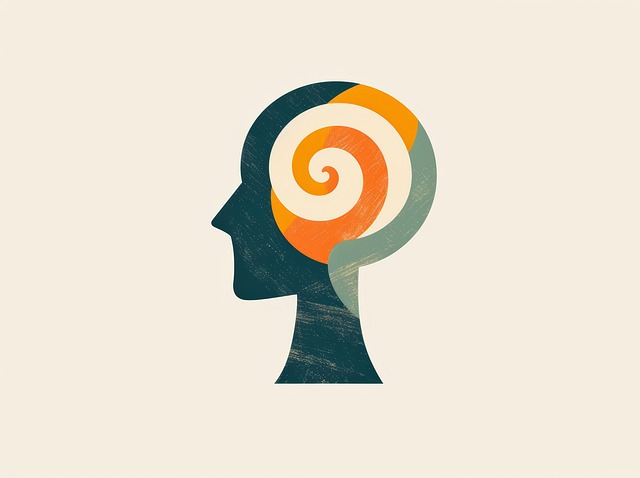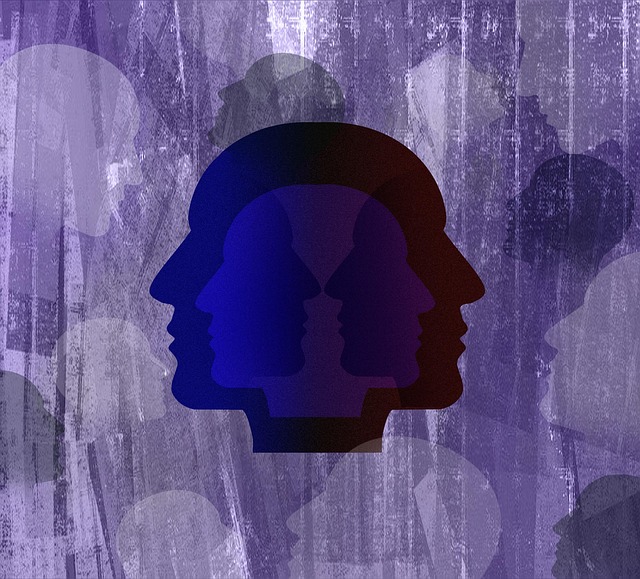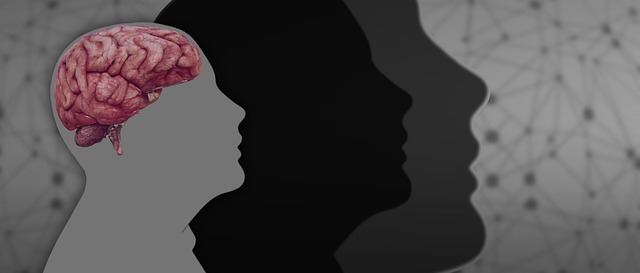Aurora Hebrew Speaking Therapy prioritizes cultural sensitivity in mental healthcare, recognizing that cultural background significantly influences mental health journeys. Their approach integrates mindfulness, communication strategies, and self-awareness exercises tailored to diverse cultures, fostering trust and understanding. By bridging cultural gaps through emotionally intelligent communication, therapists address language barriers and specific needs of clients, enhancing the therapeutic experience. Continuous learning, language training, workshops, and mentorship are crucial for culturally competent practice in diverse communities like Aurora, reducing burnout and stigma. Incorporating these sensitive approaches improves mental healthcare, promotes positive thinking, and leads to better outcomes for all clients.
In today’s diverse society, cultural sensitivity is paramount in mental healthcare. The article delves into this crucial aspect, exploring how understanding and respecting diverse cultural backgrounds enhances therapeutic outcomes. We examine the specific benefits of culturally sensitive approaches through the lens of Aurora Hebrew Speaking Therapy, which caters to the unique needs of Hebrew-speaking clients. By navigating language barriers and fostering inclusive practices, mental health professionals can provide more effective support.
- Understanding Cultural Sensitivity in Mental Healthcare
- The Role of Language and Communication in Aurora Hebrew Speaking Therapy
- Overcoming Barriers: Challenges and Strategies for Culturally Competent Practice
- Benefits of Culturally Sensitive Approaches in Mental Health Support
Understanding Cultural Sensitivity in Mental Healthcare

Cultural sensitivity in mental healthcare is a vital aspect of providing effective and compassionate treatment. It involves recognizing and respecting the unique cultural backgrounds, beliefs, and values of each client, ensuring their care aligns with their identity. At Aurora Hebrew Speaking Therapy, we understand that cultural context plays a significant role in an individual’s mental health journey. Our therapists are trained to navigate diverse cultural landscapes, offering support tailored to clients’ specific needs.
By incorporating mindfulness meditation, communication strategies, and self-awareness exercises adapted to various cultures, we foster an environment of trust and understanding. These practices enable our team to connect with clients on a deeper level, addressing their mental health concerns while honoring their heritage. This cultural sensitivity ensures that every individual receives personalized care, promoting healing and growth in a supportive setting.
The Role of Language and Communication in Aurora Hebrew Speaking Therapy

Language and communication play a pivotal role in fostering effective Aurora Hebrew Speaking Therapy. In a multicultural society, mental healthcare professionals must be adept at navigating diverse linguistic landscapes to provide inclusive care. For many individuals from cultural backgrounds like those represented by Aurora Hebrew Speaking Therapy, language is more than just a means of expression; it’s a carrier of identity, values, and unique perspectives on health and well-being.
In the context of mental illness stigma reduction efforts, emotionally intelligent communication can bridge cultural gaps. Mental health awareness initiatives that incorporate emotional intelligence help build trust and understanding between therapists and clients from diverse communities. By recognizing and respecting the influence of language on emotional expression and coping mechanisms, therapists can tailor their approach to better address the specific needs and concerns of each client, enhancing the overall therapeutic experience.
Overcoming Barriers: Challenges and Strategies for Culturally Competent Practice

Overcoming barriers to culturally competent practice is a vital step for mental healthcare professionals, especially in diverse communities like Aurora, where Hebrew-speaking individuals may face unique challenges. These hurdles often stem from communication differences, cultural misunderstandings, and the pervasive mental illness stigma, which can lead to burnout among therapists if unaddressed. For instance, providing therapy in a language other than English requires specialized training and resources, ensuring effective communication and building trust with clients.
Strategizing for culturally sensitive care involves continuous learning about diverse cultures, their values, and beliefs. This may include attending workshops, participating in cultural competency training, or seeking mentorship from experienced professionals who can offer insights into navigating complex issues. Additionally, promoting coping skills development through inclusive practices helps reduce the impact of burnout prevention and mental illness stigma reduction efforts.
Benefits of Culturally Sensitive Approaches in Mental Health Support

Incorporating culturally sensitive approaches into mental healthcare practice brings numerous benefits, especially for diverse communities seeking support. At Aurora Hebrew Speaking Therapy, we recognize that cultural context plays a vital role in an individual’s well-being and therapeutic journey. By adapting services to align with clients’ cultural beliefs, values, and languages, we create a safe and inclusive environment. This approach fosters trust and encourages open communication, enabling therapists to understand complex issues rooted in one’s identity. As a result, treatment plans become more personalized, effective, and culturally relevant.
Culturally sensitive practices enhance the overall quality of mental health support. It promotes positive thinking and emotional intelligence by empowering individuals to share their unique experiences. This method has been particularly beneficial for addressing various challenges, such as depression prevention, among diverse populations. By embracing cultural diversity, mental healthcare professionals can offer tailored interventions that resonate with clients, leading to better outcomes and improved client satisfaction.
In conclusion, cultural sensitivity is a cornerstone of effective mental healthcare practice. By recognizing and embracing diversity, as demonstrated by the unique approach of Aurora Hebrew Speaking Therapy, professionals can provide more inclusive and effective support. Overcoming communication barriers and understanding cultural nuances, such as language preferences, significantly enhance patient outcomes. Embracing culturally sensitive practices not only benefits individuals but also enriches communities by fostering a mental healthcare system that resonates with diverse populations.














